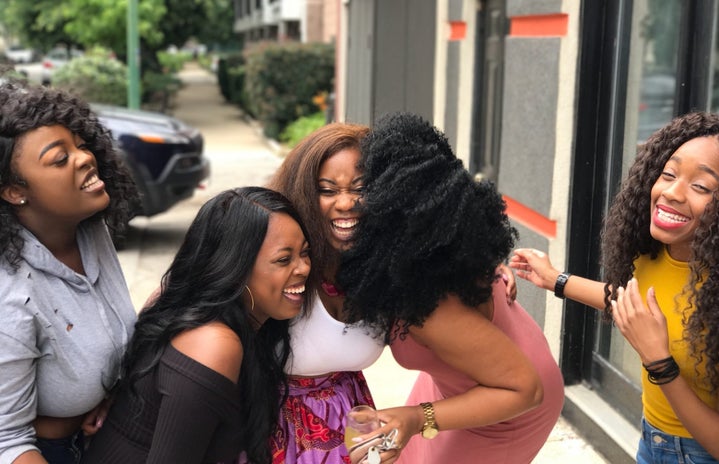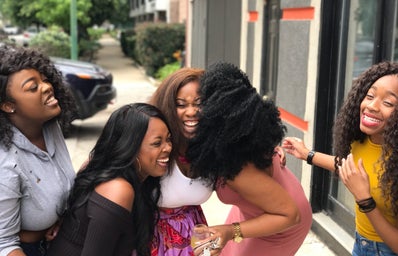It’s safe to say that the pandemic has challenged our past ways of thinking. Five days in the office is no longer the norm, healthcare is more than just a system and “distance” holds new meaning. The pandemic hasn’t inspired many significant life changes for me, but it has sparked some reflection. A reflection of concepts and ideas and thoughts that I can’t seem to rethink. In our- dare I say- post-pandemic existence, I’ve gained a new perspective on socialization, time, physical connection and virtual interaction.
- Social interaction is exhausting (even for the extroverted)
-
After a four-day weekend of St. Patrick’s Day celebrations, I couldn’t figure out why I was so tired. Don’t get me wrong, a lack of sleep and too much alcohol was definitely part of it. But even after that passed, I was exhausted for a couple of days afterwards. A conversation with a friend gave me my answer. She said that after two years of isolation, socializing with that many people you don’t know is exhausting. That clicked for me. I knew exactly what she was talking about. Spending four days straight surrounded by people I didn’t know was like giving out tokens of energy to every person I talked to. As an introvert, I’m familiar with the feeling, but hearing my very outgoing and personable friend say the same thing drove it home. We don’t even realize how much of an adjustment attending large gatherings is after months spent in isolation. So, if you don’t feel up for the next party, go easy on yourself.
- the phrase “time is money” is a joke
-
I’ve never liked the phrase. Now, I hate it. If Covid-19 has taught us anything, it’s that time can go by in a flash. We all blinked and we were two years older. This is why your time can’t and shouldn’t be monetized. Time in excess and a lack of time have reminded us of its value. The pandemic is responsible for newly attempted hobbies, passions, career changes and ventures. The rise of work-life balance, changes in personal direction and choosing to do what we actually enjoy are a result of our redefined concept of time. I’d say that this is the Western world’s largest takeaway post-pandemic.
- we really need physical affection
-
I think “touch starved” is a good way to sum up lockdown emotions for a lot of people. I don’t mean this in a sexual way, though that is a valid side of physical affection that affected our experience. I’m referring to the desire to be physically touched by someone else. Whether that be a hug, having someone hold your arm, sitting side by side or snuggling with a pet, it generates the same reaction. Simply put, it’s the comfort of someone else reaching out. For those who lived alone or didn’t have that connection with the people they spent lockdowns with, this was a common feeling. In our post Covid-19 restriction world, take the opportunity to hold onto the people you care for.
- There’s a time and a place for virtual applications
-
Since we’ve continuously relied on virtual tools like Zoom, Facetime, email and phone calls, it makes no sense to ditch them entirely. If a Zoom meeting can save everyone the time and energy it would take to commute, host a Zoom meeting. If documents can be submitted virtually, don’t kill any more trees for the sake of handing in a hard copy. When all parties involved are up for a virtual experience, it should be done. Understanding when to take a virtual or in-person approach to the task at hand is the key to maximizing each interaction.
These are my key takeaways from the blur that is the pandemic. Despite our different experiences, everyone has learned something over the past two years. Regardless of what those insights are, I’m hoping that we can use them to improve our lives going forward.


